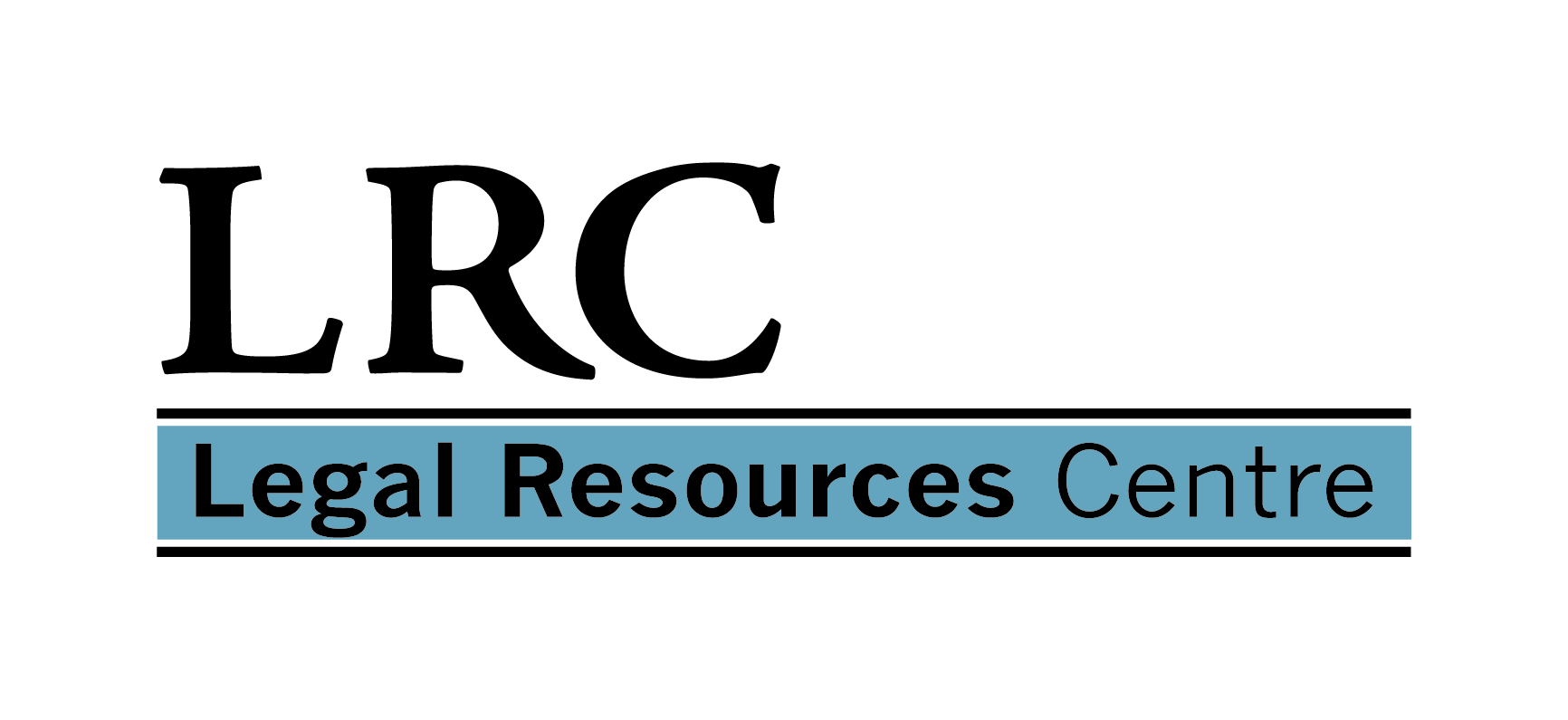By Jean-Andre Deenik – this post was first published by LRC here
INTRDOUCTION:
On December 20, 2024, the Constitutional Court ruled that section 25 of the Limpopo Traditional Leadership Act was unconstitutional. This law let traditional councils charge mandatory levies, but the court found only elected governments can impose taxes. Traditional leaders can only collect voluntary levies with community approval. Many communities faced unfair charges for basic services like burials and water, often without consultation. This judgment frees them from these practices, restoring dignity and fairness. Represented by the Legal Resources Centre, the affected communities see this as a step toward justice and equality under the Constitution.
On the 20th of December 2024, the Constitutional Court delivered judgement declaring section 25 of the Limpopo Traditional Leadership and Institutions Act 6 of 2005 (‘the Limpopo Act’) unconstitutional. Section 25 of the Limpopo Act provided that a traditional council may, with the approval of the Premier, levy a traditional council rate upon every taxpayer of the traditional area concerned. The Legal Resources Centre (LRC) represented members of traditional communities falling under seven traditional authorities within the Limpopo Province and Nkuzi Development Trust in challenging the constitutionality of these compulsory tribal levies.
The Court noted that across Limpopo, communities are forced to pay levies to traditional leaders, including levies to allocate a stand, allow the running of a business, or bury a family member. These levies are adopted by chiefs or traditional authorities and simply announced to villagers, who are not given any choice but to pay them. People who fail to pay the levies, may be denied access to services or resources until such levies have been paid.
The Constitutional Court found that the Constitution only empowers elected government spheres to impose compulsory taxes. Therefore, traditional leaders are not democratically elected legislative bodies and cannot impose taxes in terms of legislation. Neither can they impose taxes under customary law.
The Constitutional Court also found that the Provincial Legislature, as an elected government sphere that can impose taxes, cannot delegate its power to impose taxes to either traditional leaders or the Premier. Despite the Constitution allowing national legislation to recognize traditional leadership local level they do not have the power, nor the authority to impose compulsory taxes, nor can such power be delegated to them.
Additionally, the court found that customary law permits traditional leadership structures to impose only voluntary levies, and only after consultation with the community about the need for, amounts, and purpose of the levy. Considering this, the Constitutional Court confirmed that the evidence proved that the levies paid by community members were imposed on them, without consultation.
This judgement frees many communities under traditional leadership from this arbitrary practice. The community members affected are marginalized members of society who depend on state grants to survive and should not be subjected to unfair and unnecessary tax. Upon victory, these are some of the comments shared by members of the affected communities:
“We were living in an apartheid era, whilst we are in a constitutional democracy.”
“This judgment is important because the consequences of not paying these levies, is refusal of burying our loved ones…”
“One of the members of our community had to be buried in the backyard of their home because the traditional authority demanded R20 000 from the family before they can bury their loved one. The traditional authority blocked the family at the cemetery to even prepare the burial site.”
“The traditional authority made a member of the community to sign an affidavit that they will pay a fine for burying their loved one at the cemetery without the traditional authorities consent.”
“Traditional authorities have been withholding the delivery of services such as water, for us to meet their demands. These are our basic rights, but they use it as a weapon for political reasons.”
“This judgement makes me happy because the traditional authority has been stealing money from us, we would not see what the money we pay is used for. They used our monies to feed their own families whilst we went hungry.”
The LRC, together with our clients, welcomes this groundbreaking judgment that seeks to restore the dignity of traditional communities subjected to tribal levies. No doubt this judgment is a step forward in ending this unfair practice!






